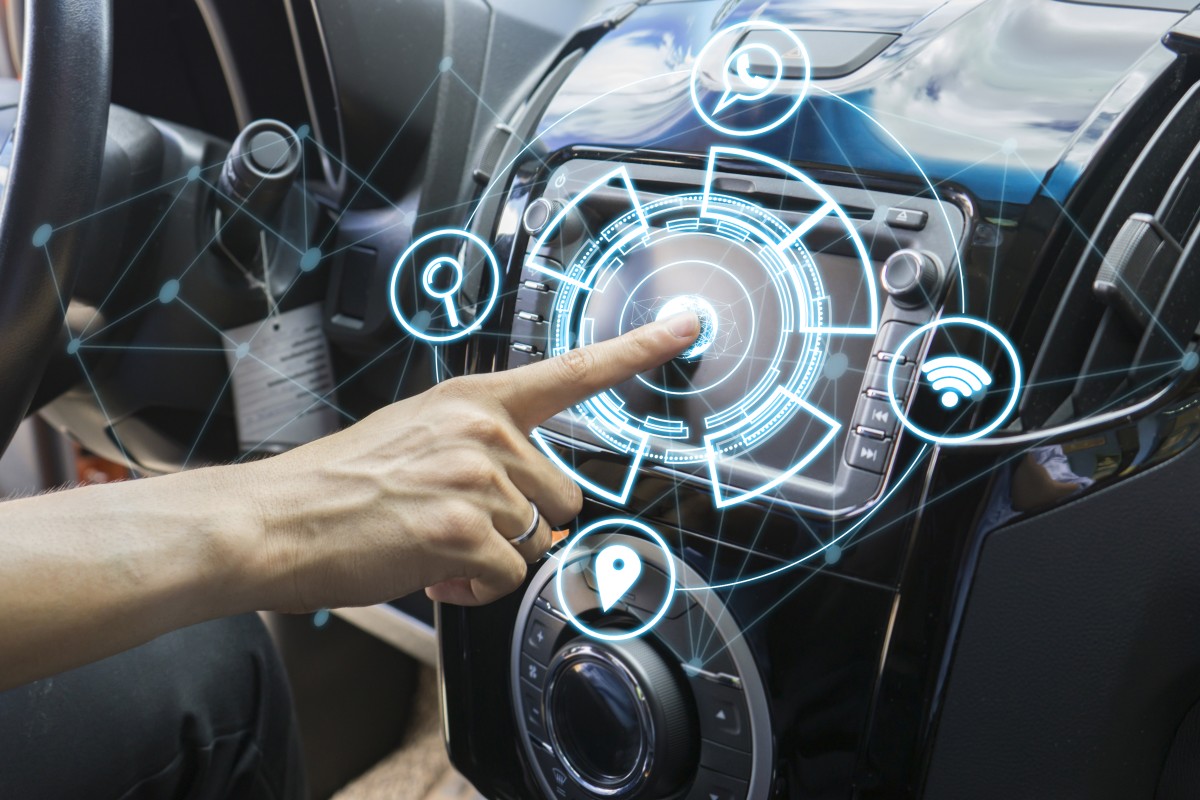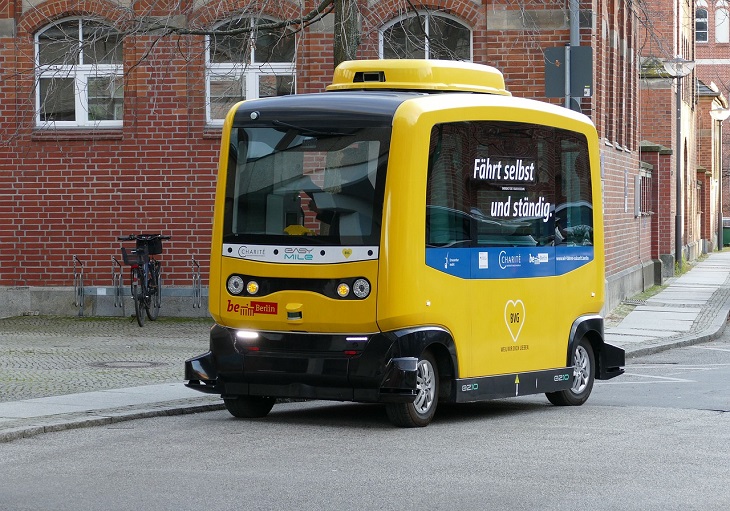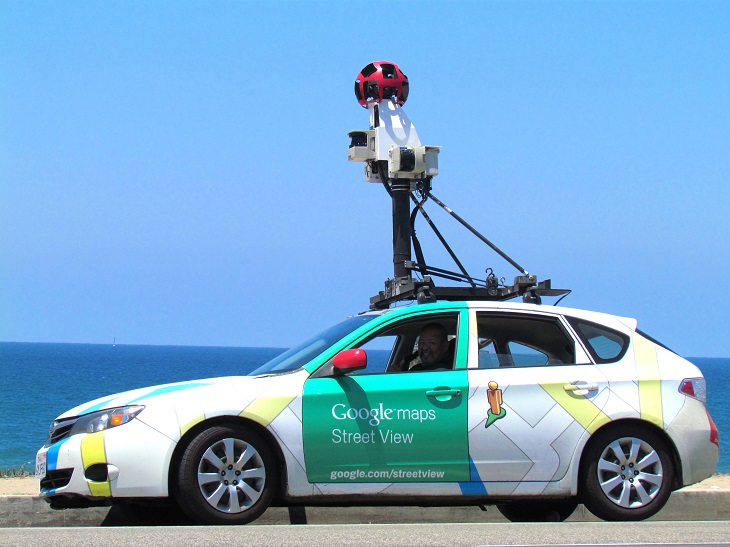Will Self-Driving Cars Impact Drivers With Disabilities?

Although self-driving cars have not become completely widespread yet, many researchers are starting to think about how these vehicles will affect disabled drivers. So will self-driving cars impact drivers with disabilities? Well, it’s likely self-driving cars will create both benefits and disadvantages for drivers that need handicap parking permits or specially equipped cars. Here’s a look at what disabled drivers can expect with the increased usage of self-driving cars.
Self-Driving Cars: The Story So Far
Waymo is one of the companies (along with Google and Uber) behind the big push towards putting more self-driving cars on the road. It started out as an offshoot of Google’s autonomous car division. Their driverless cars have completed test runs in more than 22 cities and have driven over 3.5 million miles.
In one test conducted in Austin, a blind man was able to successfully complete a test ride all alone. Waymo has also recently used Level 4 cars around Arizona with no driver at all, since they’re designed to come to a safe stop without driver intervention in case something goes wrong. Waymo vehicles also come with a “Pull Over” button next to the “Start” button, as well as a “Help” button that immediately connects the driver to a control center that can offer assistance.

Image by falco on Pixabay: Advances in self-driving car technology have been made in countries outside of the United States as well.
Advantages Of Self-Driving Cars For Drivers With Disabilities
It’s possible that self-driving cars can offer huge advantages to drivers with disabilities. In the near future, there will come a time when individuals who were no longer qualified to operate a vehicle can now rely on self-driving cars to get them where they want to go. That means that many individuals with disabilities will find that they have a greater independence because they can run errands, go to doctors’ appointments, or visit friends, all while being able to drive themselves.
Perhaps even people with mental disabilities would be better able to drive a self-driving car versus a regular automobile. There could be much value in promoting autonomy with these types of vehicles. Disabled drivers can be people with a wide variety of conditions – everything from autism and Down Syndrome to having a cardiac condition or paralysis, so there’s a large population of people that can benefit from a self-driving car.
Another huge demographic that could be affected by self-driving cars is the elderly. Older people are often forced to give up their driver’s license before they’re actually ready to stop being independent. Self-driving cars would help them be self-reliant while still being safe.
When Will There Be Self-Driving Cars For Disabled Drivers?
Self-driving cars would still need plenty of accommodations in order to be effective transportation for disabled people. For example, blind individuals would require an interface that is voice-activated, since they wouldn’t be able to control the car with a visual one. Surfaces would also likely need to have Braille on them. Similarly, deaf passengers would need cues to appear visually on the screen, or additional indicators (such as flashing lights) to give them information while they’re in the vehicle. Self-driving cars would also need to be equipped for disabled individuals with easy wheelchair access or arm and foot controls, depending on the person’s needs.
Additionally, self-driving cars would also likely need specific programming to help individuals with disabled parking permits. These vehicles would need to know how to locate appropriate parking places, so that the disabled driver (or a disabled passenger) would be able to easily get in and out of the car. It would also be helpful if the vehicle was required to know what parking spots are viable for people with handicap parking placards, such as designated handicap spots or blue curbs.

Image by Suzy Brooks on Unsplash: You've probably seen autonomous vehicles like the Google Street View car out and about already. But how will self-driving cars impact drivers with disabilities if and when they go mainstream?
Concerns About Self-Driving Cars For Disabled Drivers
There are many people who are worried that all of the complexities of being a disabled driver will be lost when it comes time to go mainstream with self-driving cars. Henry Claypool, a policy consultant to the American Association of People with Disabilities, said in an interview with the Washington Post, “We are concerned that certain populations will not be able to benefit from this technology if very specific design issues are not addressed.”
However, there are some people paying attention to these concerns. Bryan Reimer, a research scientist in the MIT AgeLab and Associate Director of MIT’s New England University Transportation Center, said, “We need to be very careful in how do we craft the regulatory focus here that enables the growth of the technology that can provide the benefits that everybody wants while ensuring over the long haul that we meet the basics of [the Americans with Disabilities Act] and other requirements.”
It seems that disability advocates will need to do their best to remind companies like Waymo and driverless car manufacturers to keep disabled drivers in mind when designing these vehicles for the general public. They will have to remember that disabled drivers might need special accommodations to help them use self-driving cars.
It’s likely that these advocates will need to voice their concerns about which aspects are not suitable for disabled individuals. But with cooperation from both the manufacturers and disabled drivers themselves, it’s quite possible that self-driving cars for drivers with disabilities can create an avenue for disabled individuals to flourish and thrive out in the world. Very soon, handicap parking permits won’t be the only thing that makes life easier for a disabled driver.